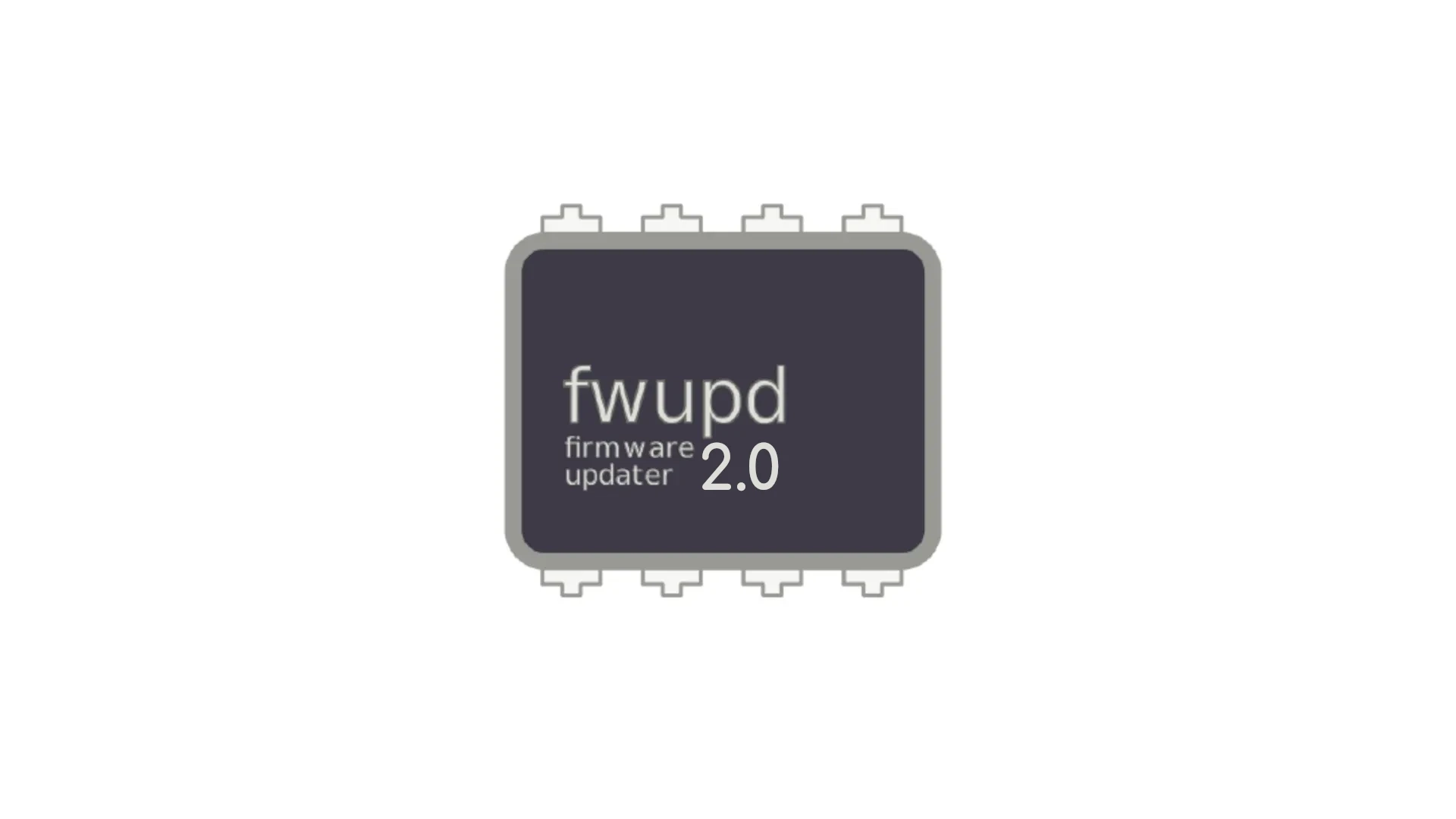Today marks the release of fwupd 2.0, a significant update to this open-source Linux firmware update utility designed for Linux-based systems. This version introduces support for new devices, additional features, and various enhancements.
Noteworthy features of fwupd 2.0 consist of a new configuration option that permits the ignoring of firmware requirements during development, a resolution for device issues requiring a reboot, and a new API that facilitates the uploading of reports within the GNOME Firmware application. Additionally, HSI tests for Arrow and Meteor Lake CSME have been introduced, along with expanded modify-config options.
The update further enhances functionality by allowing the detection of Bluetooth devices via GATT service UUID, adding Darwin support to the build helper, and supporting the fwupdtool esp-list --json command. It also changes the listening method to the netlink udev socket instead of GUdev and includes the ability to parse EFI LZ77 compressed sections when necessary.
Moreover, fwupd 2.0 accommodates large sections in EFI FFS3 volumes and introduces support for additional CRC-32 and CRC-16 types. The update features the inclusion of a privacy policy URL in the remote configuration, the capability to load device flags from the local cab archive, and an option to override the detected EFI frame buffer size within the configuration file.
The latest fwupd update brings exciting enhancements, including the ability to define specific devices for emulation within the configuration file. It also introduces support for revocation applications to SbatLevelRT when necessary, removes the SuperIO plugin due to its incompatibility with rawio, and provides a more reliable method for selecting the ESP during UEFI capsule updates in various scenarios.
Furthermore, this significant release breaks the libfwupd ABI as it eliminates older signing formats that were previously used for verifying both metadata and firmware. It also notably lowers runtime memory usage and reduces CPU startup costs, removes all legacy command-line tools that had long been deprecated, and substitutes libgusb and GUdev with libusb and sysfs for plugins. Additionally, it streamlines the process of transferring firmware binaries by utilizing file descriptors instead of loading them into memory.
This update also brings compatibility with a range of new hardware, such as Algoltek USB card readers, AMD Kria SoM, Cable Matters USB Hub, Cinterion fdl-based devices, CY6611 EZ-USB HX3PD, Dell K2 docks, Elan 0C9F fingerprint readers, HP Fleetwood and Hendrix docks, Huddly L1, S1 and Crew, Jabra PanaCast, Lenovo Legion HID2 devices, Lenovo ThinkSmart Bar, Logitech Lemmy, Logitech Sight, Logitech Tap touch screen, MediaTek scaler devices, Parade PS185, Qualcomm S5gen2 BLE devices, and Telink Dual keyboard.
In this release, a variety of bugs have been addressed, so be sure to check the release notes on the project’s GitHub page for further information. You can also download the source tarballs there if you are interested in compiling fwupd for your GNU/Linux distribution. Otherwise, it’s recommended that you update fwupd through your distribution’s software repositories.
Image credits: fwupd project
Last updated 9 hours ago
